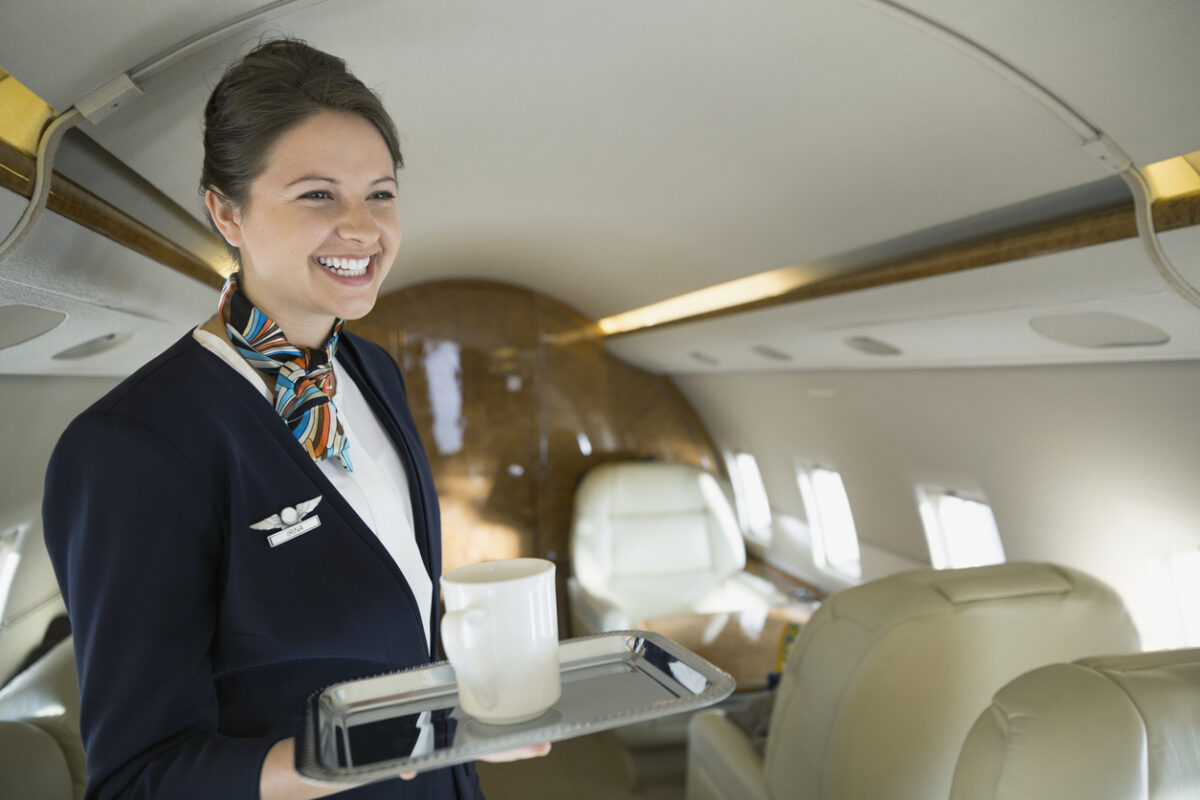Have you ever wondered how a private jet cabin crew ensures top-tier service and unwavering safety standards? Step into the world of luxury travel and join us on a journey behind the scenes of private jet flights. In this article, we will unveil the hidden expertise and responsibilities of private jet cabin crews, revealing the secrets that make every flight a truly extraordinary experience.
Picture yourself being pampered in the lap of luxury, where every detail is meticulously taken care of. Private jet cabin crews are the unsung heroes who make this possible, seamlessly orchestrating an exceptional travel experience from start to finish. Discover how their qualifications, training, and attention to detail ensure that your every need is met and exceeded.
The Importance of a Dedicated Cabin Crew
Private jet travel is all about personalized attention and exceptional service. A dedicated cabin crew is responsible for ensuring every aspect of the flight is executed flawlessly. From the moment passengers step on board, the cabin crew is there to cater to their needs and create a memorable journey.
Qualifications and Training for Private Jet Cabin Crew
Private jet cabin crews undergo rigorous training to develop their skills and expertise. They are trained in emergency procedures, first aid, food and beverage service, and customer relations. This comprehensive training equips them to handle any situation that may arise during a flight, ensuring the safety and comfort of the passengers.
Delivering Unparalleled Service
Private jet cabin crews are renowned for their ability to provide personalized and luxurious service. They are attentive to every detail, ensuring that the cabin is immaculate, meals are prepared to the highest standard, and passengers’ preferences are met. The cabin crew members are skilled in anticipating the needs of the passengers, creating a seamless and pleasurable travel experience.
Safety Above All Else
While exceptional service is a priority, private jet cabin crews prioritize passenger safety above all else. They undergo thorough safety training, including emergency evacuation procedures, fire prevention, and use of safety equipment. In the event of an emergency, the cabin crew is prepared to handle the situation efficiently and effectively, ensuring the well-being of all on board.
Seamless Coordination with Ground Operations
Private jet cabin crews work closely with ground operations to ensure a smooth and efficient travel experience. They coordinate with ground staff to organize catering, fueling, and maintenance requirements, ensuring that the aircraft is ready for departure on time. This seamless coordination guarantees a hassle-free journey for passengers, from the moment they arrive at the airport to their final destination.
Going Above and Beyond
Private jet cabin crews understand that their passengers expect nothing but the best. They go the extra mile to exceed expectations and provide unique experiences. Whether it’s arranging personalized meals, organizing special celebrations, or accommodating last-minute requests, the cabin crew members are dedicated to making every flight extraordinary.
Discretion and Confidentiality
Passengers on private jets often value their privacy and expect complete confidentiality. Private jet cabin crews are trained to exercise discretion and protect the privacy of their passengers. They understand the importance of maintaining confidentiality and adhere to strict professional standards, ensuring that all personal information and discussions remain confidential.
Constant Vigilance and Professionalism
Private jet cabin crews are always vigilant and maintain the highest level of professionalism throughout the flight. They continuously monitor the cabin, ensuring passenger comfort and safety. Their attentive presence reassures passengers and allows them to relax and enjoy their journey with complete peace of mind.
Conclusion
Now that you’ve discovered the extraordinary world of private jet cabin crews and their commitment to unparalleled service and safety, it’s time to turn your travel dreams into reality.
At The Early Air Way, we specialize in providing exclusive private jet experiences that embody the epitome of luxury and comfort. Our dedicated cabin crews, meticulously trained and experienced, are ready to deliver a journey beyond compare.
Imagine being treated like royalty as you soar through the skies, with every detail tailored to your preferences. Whether you desire a bespoke menu prepared by world-class chefs, seamless coordination with ground operations, or discreet and confidential service, our cabin crew will go above and beyond to exceed your expectations.
Don’t settle for ordinary travel when you can embrace the extraordinary. Contact The Early Air Way today to start planning your next private jet adventure. Our team of experts is eager to assist you in customizing every aspect of your journey, ensuring a seamless, luxurious, and safe experience from takeoff to landing.
